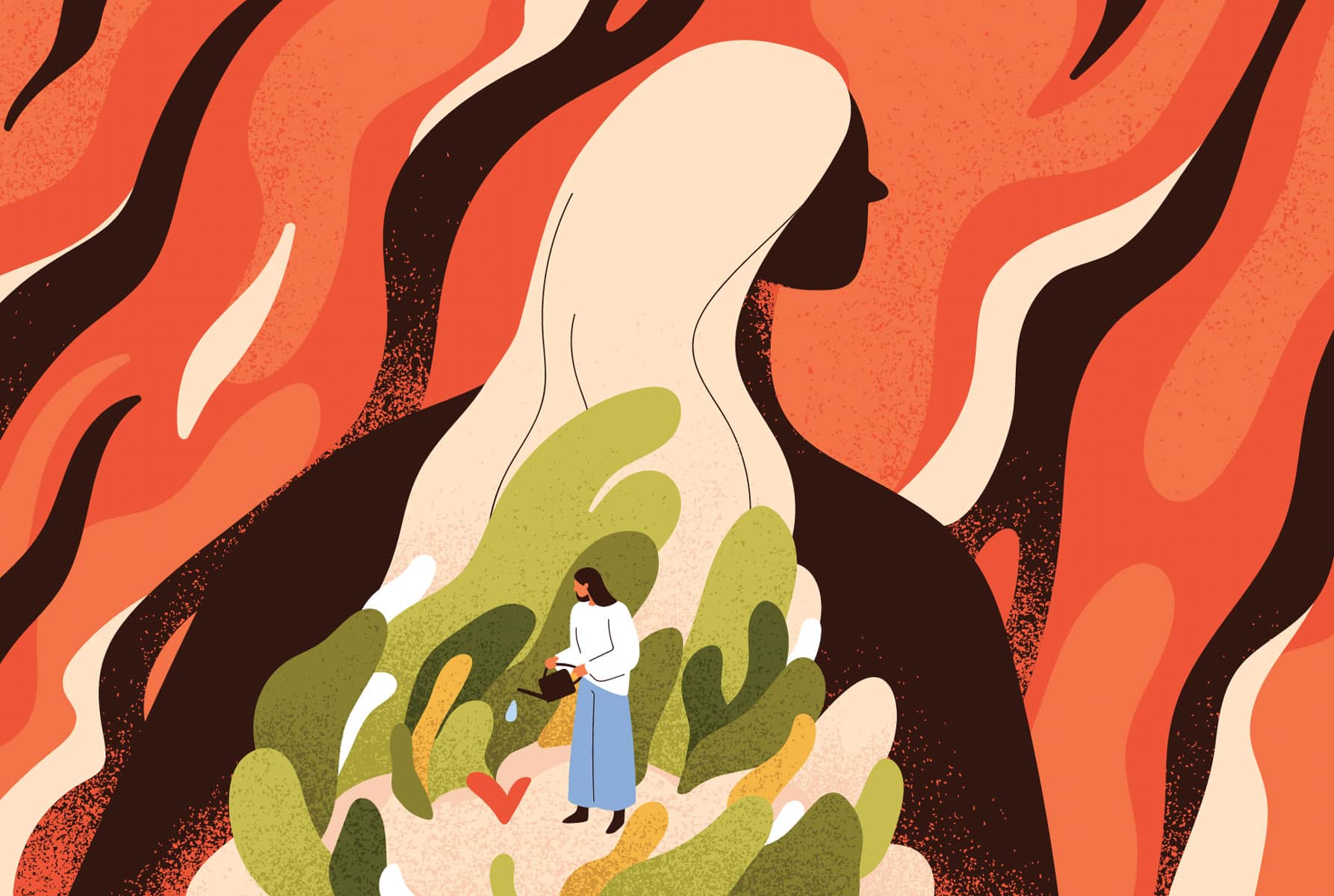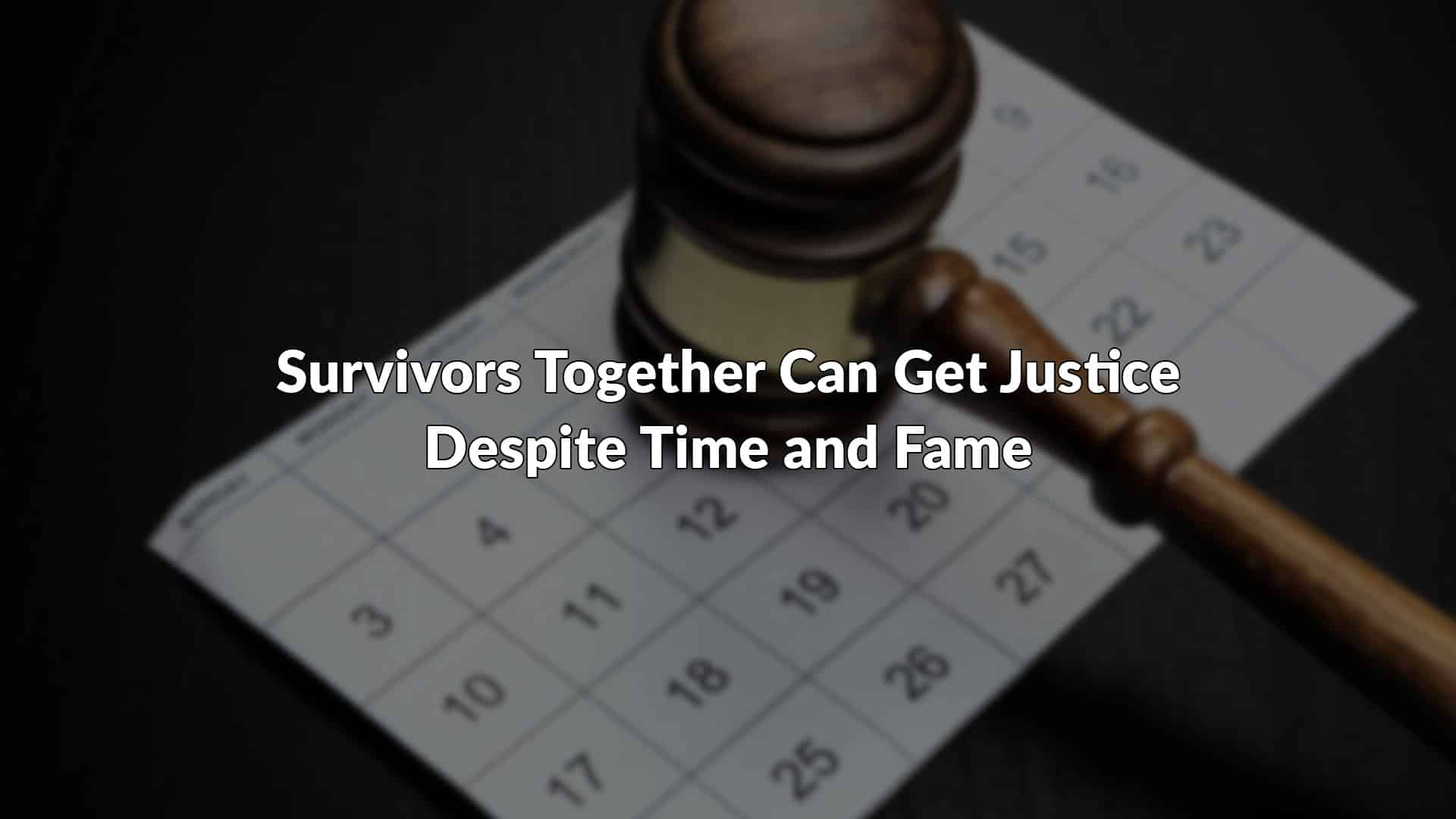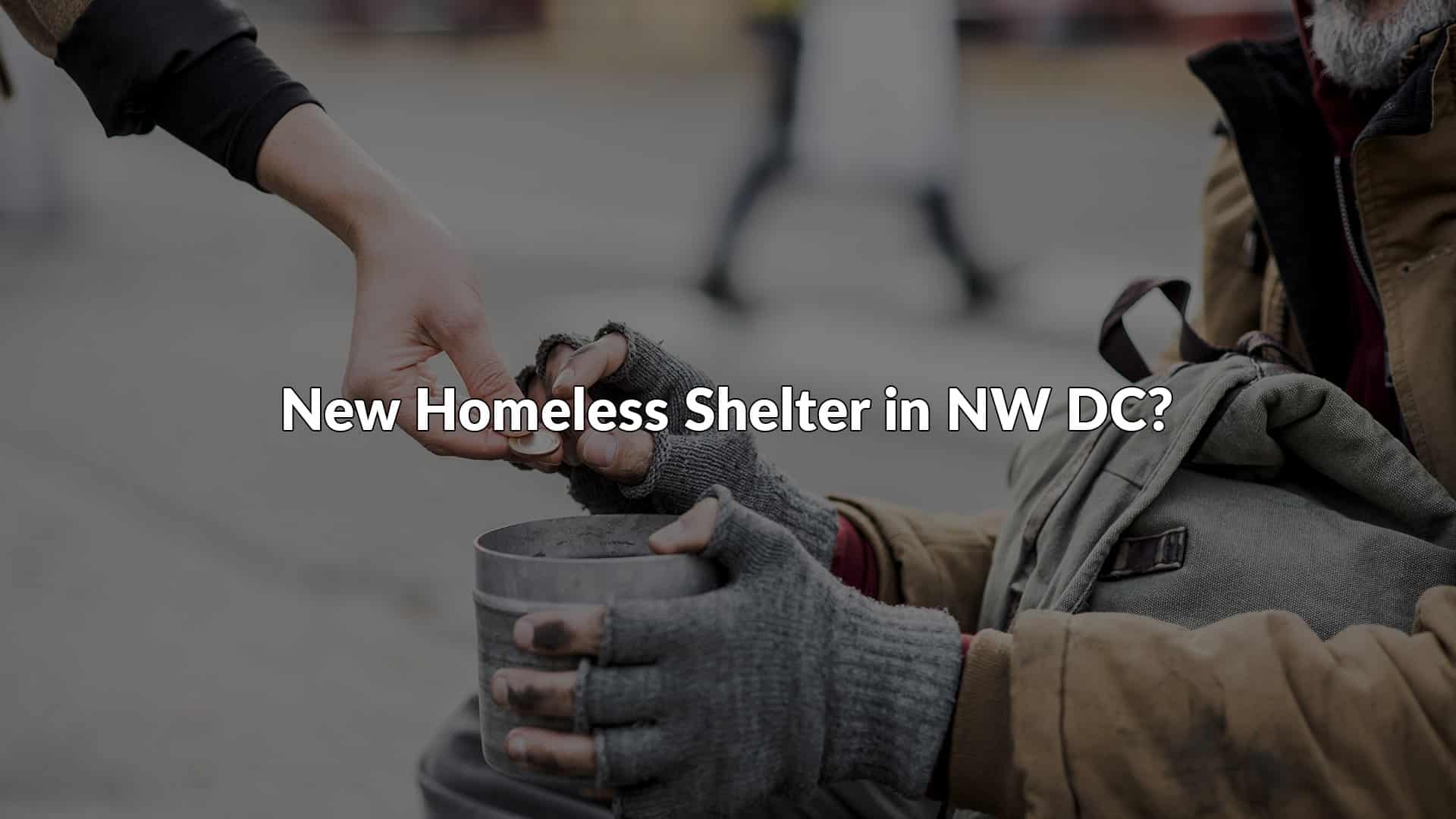The 2016 report describes human trafficking as a violation of Articles 4 and 5 of the Universal Declaration of Human Rights, and outlines recommendations from the five council committees: rule of law, public awareness, victim services, labor laws, and grant making. Over the next few blog posts, we will be highlighting members of the council and posting information about how they became involved in survivor services, what recommendations their committee made, and why they think those recommendations are so important.
Members of the Advisory Council donate their time and tireless effort with no compensation, while continuing to provide services to survivors. We at the Amara Legal Center strongly believe that the Council should be compensated for their time spent serving on the Council, researching and writing the report and making community presentations. Therefore, in addition to increasing awareness of the scale and challenges of human trafficking in general, Amara hopes to build support in Congress for providing the members of the Council with compensation for their valuable contributions. It is unacceptable and strangely ironic to continue to ask the Council to fight exploitation with no compensation
In our next post, we will discuss recommendations to increase trainings for law enforcement officers, as well as employees of private establishments, to properly identify and handle human trafficking.
By Tucker Kelleher-Brozost
Tucker Kelleher-Brozost serves as a Communications Intern for the Amara Legal Center. He holds a Bachelor’s degree from Colorado College in Political Science, and studied Human Rights Law at City University London. In addition to his work with Amara, Kelleher-Brozost serves as the Executive Director for the Brokell Foundation, which supports organizations in the District of Columbia in the fight to end human trafficking.
[1] Advisory Council Report, 2016
[1] Article 4 protects against slavery and trading in human beings, while Article 5 prohibits cruel, inhuman, or degrading treatment.



